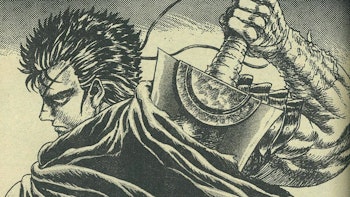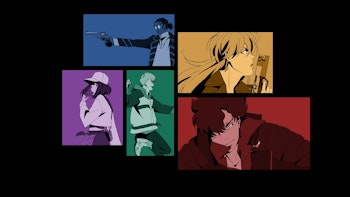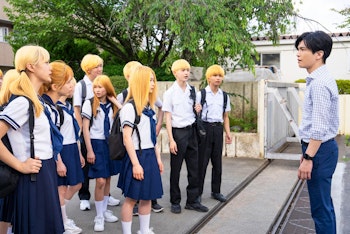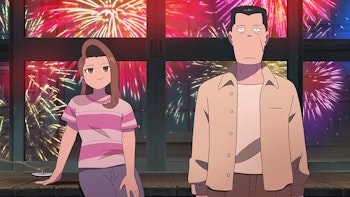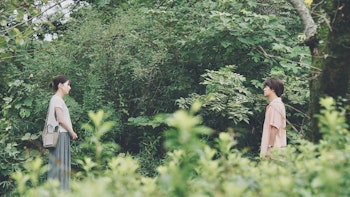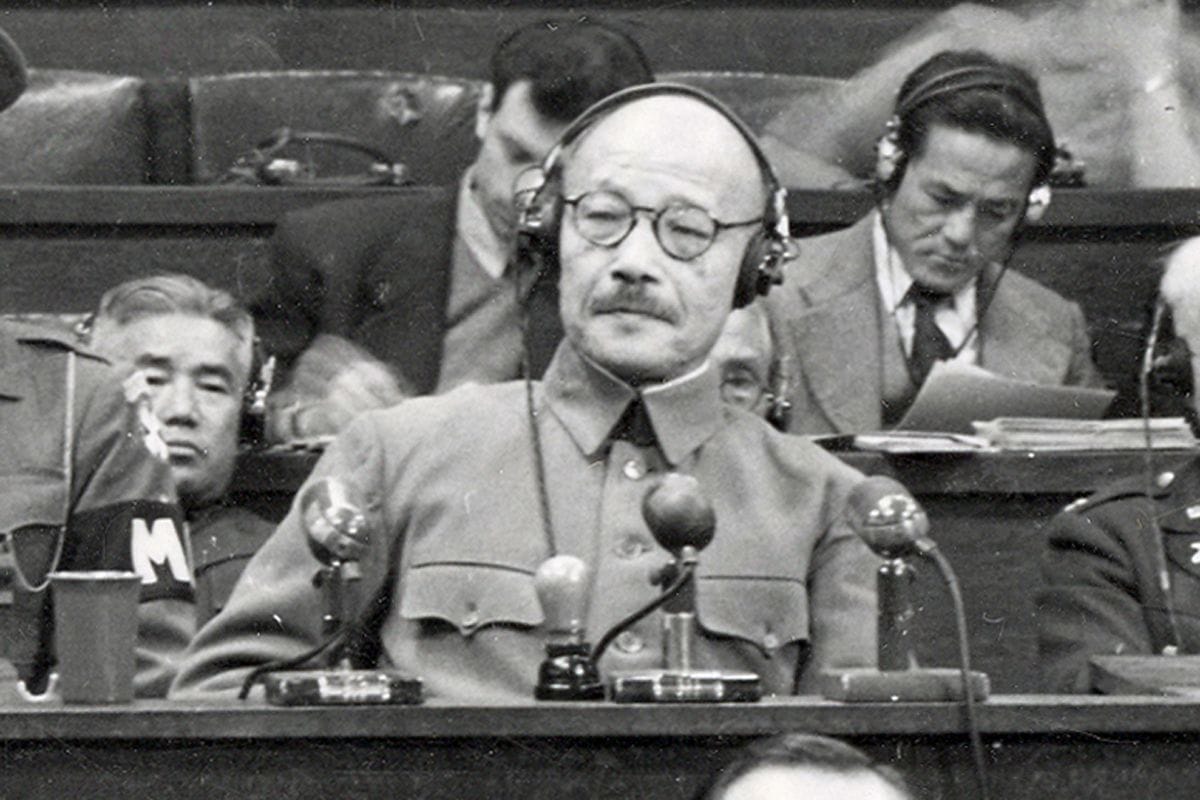
The Potsdam Conference led to no concrete agreements as the three sides of the allied forces met to discuss the postwar status quo and how to deal with the Japanese threat in the dying days of World War II, but during the event’s closing moments, something occurred that would change the trajectory of war and politics forever. In an American desert, the Manhattan Project conducted the first successful test of an atomic bomb. Shortly after, it was used on Hiroshima and Nagasaki. Japan surrendered, America came and took control of the country for the subsequent seven years, and in that time the International Military Tribunal For The Far East, also known as the Tokyo Trials, was held to try Japanese military and political leaders for crimes against humanity in a court of law.
Masaki Kobayashi is most known for his work directing Harakiri and Kwaidan, samurai films often held up as some of the best movies of all time. He was also a staunch pacifist, something that comes across in his superb anti-war trilogy The Human Condition, a near-10 hour epic exploring resistance to Japanese colonial and wartime inhumane policies in places like Manchuria following a man whose resolute resistance to the imperial project is as valiant as it is ultimately, heartbreakingly futile. No one wins in war, but there sure are a lot of losers.
It was during the twilight of his career that he revisited the war to create Tokyo Trial (1983), a rarity in Japanese documentary filmmaking in being a movie produced entirely from archival material. His only documentary and his penultimate film, this is a four-and-a-half hour exhaustive look at the lead-up to, the process of, and aftermath of the trials in shaping Japanese post-war sentiment on the war. Yet it’s more than just a mere history lesson, either.
The reason it took so long for such a documentary to produced anywhere in the world comes down to the source material it draws upon. Footage of the trials and the ruins of postwar Japan were recorded during the American occupation of the country and held solely by the American government without being released broadly. That changed only in 1980 when the Pentagon released the files, allowing Kobayashi to go through the miles of archival footage necessary to make the film, attempting to balance history with a conversation on how guilt is assigned unevenly and what such trials can actually accomplish, the result being one of the most comprehensive and damning-of-all-sides looks at how the world dealt with the aftermath and destruction of the war.
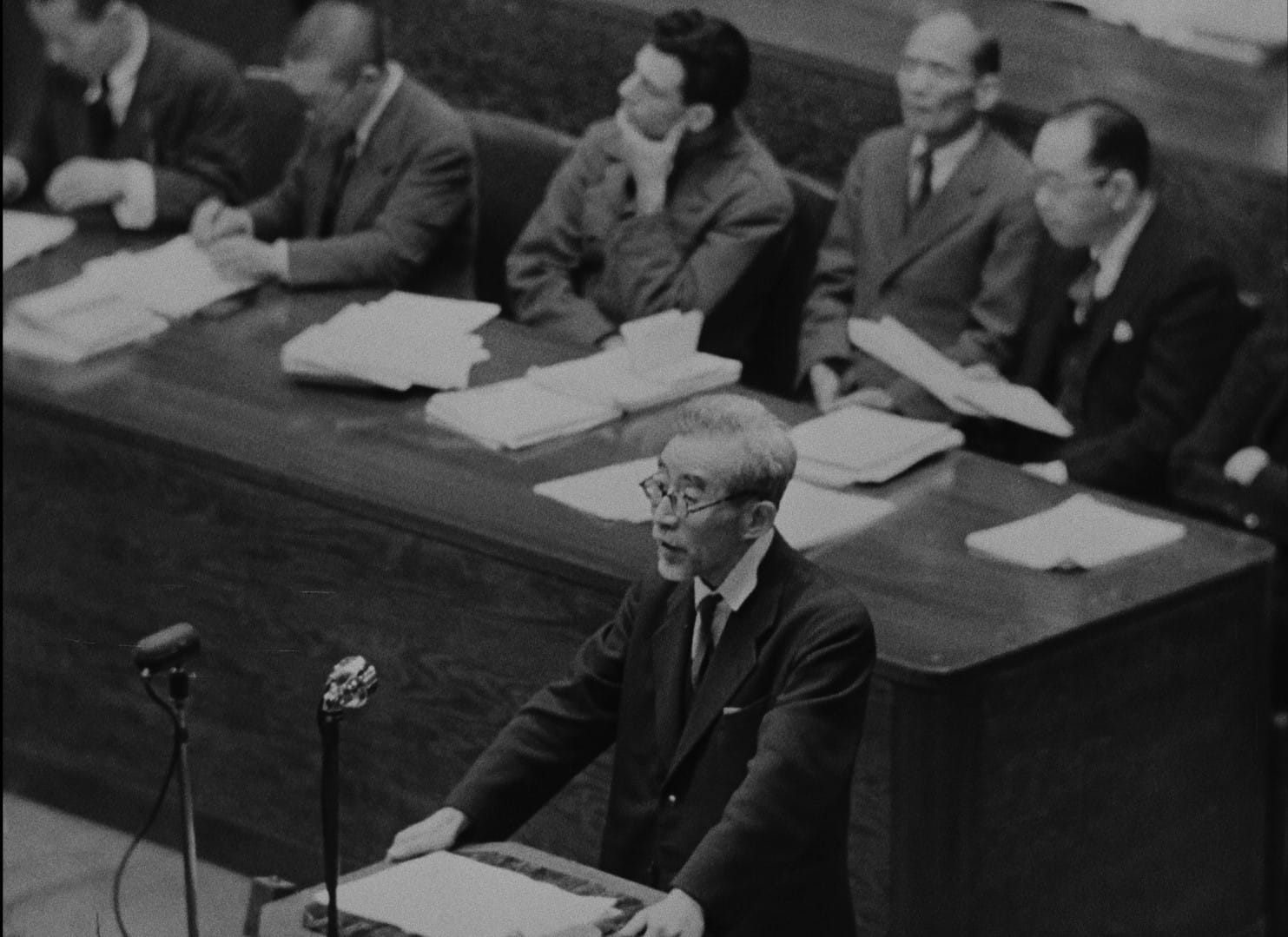
The aforementioned Potsdam conference is actually how the film opens, the UK, United States and the Soviet Union meeting in relative tranquility to discuss their post-war plans. It’s a somewhat hypocritical state of affairs. The UK placed itself as a protector of peace, but its use of colonial soldiers, particularly those from middle-Asia and India, had essentially become cannon fodder and buffers to buy time, a continuation of the uneven relationship. The United States had followed up their entrance to the war following the attack on Pearl Harbor with a vengeful, violent campaign, and while the Soviet Union’s actions may have pushed the German’s back and been key to overcoming their well-oiled military offense, they were hardly innocent. Yet the secondary purpose of this event was to discuss how they would punish and set examples for the colonial ambitions of the losing countries not to be repeated.
The Nuremberg Trials set the stage for a military tribunal that sought to punish leaders in the German political establishment for newly-described crimes against humanity. The argument being, that once the scale and severity was openly discussed in a neutral court, the world could see the horrors and the lessons would be learned never to repeat these atrocities. The Tokyo Trials sought to repeat these for Asia. Were they successful? It’s complicated, and that’s what the film deftly balances as it rigorously explores how leaders used the trials as lecterns for ideological aims and the effectiveness in a changing world as political desires on all sides and ideological fights like the war never ended interfered with the process.
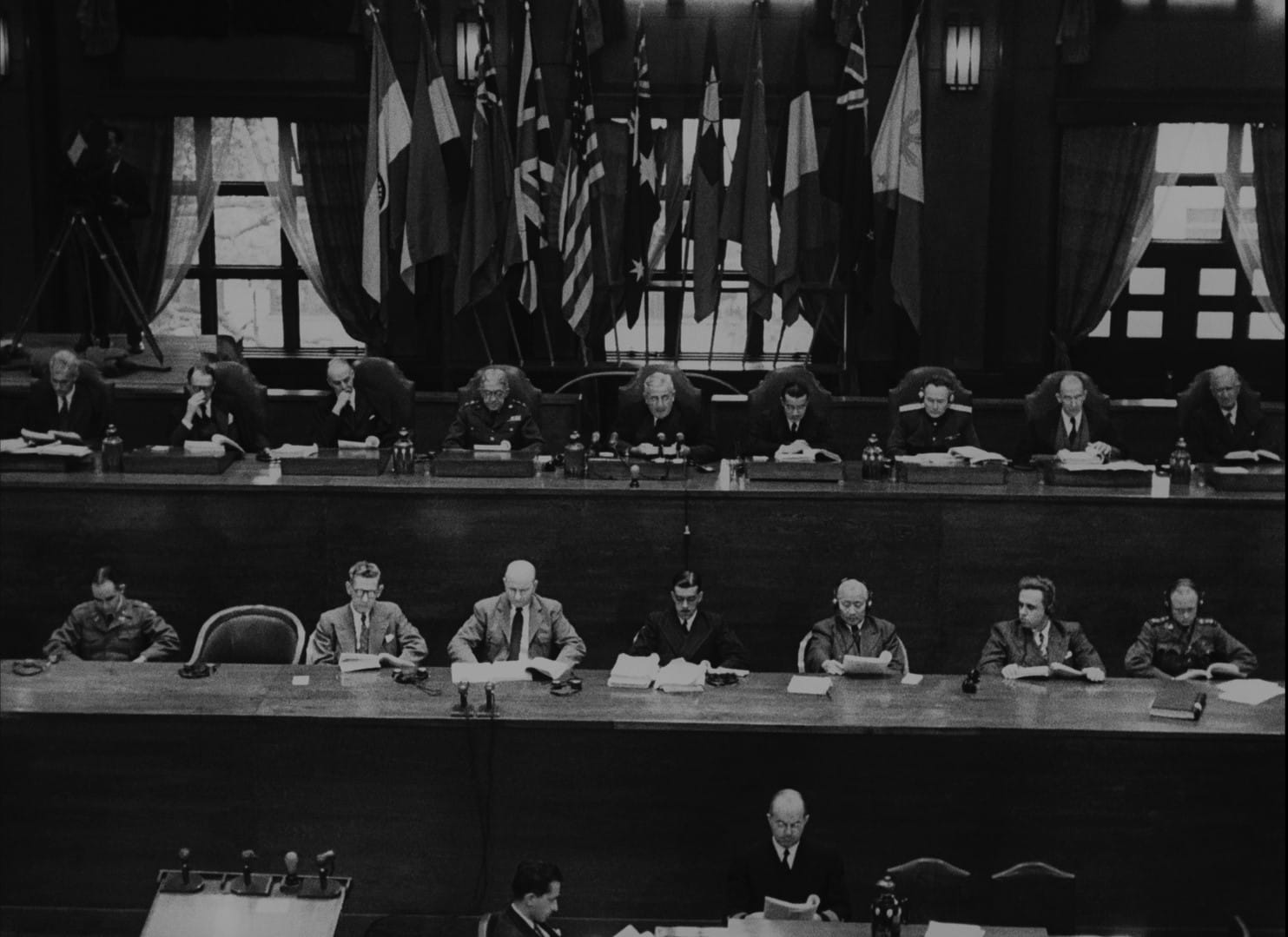
It creates a tension that elevates the documentary beyond a dense history lesson. Befitting Kobayashi’s own beliefs on war, the film seeks not to absolve either side but to probe the narrative of history written by the victims. Time is taken to detail the prosecuting process and desire to keep the Emperor absolved from blame, to the point of directing questioning of Prime Minister Tojo to get a comment that would keep the Emperor out of the line of the trial. More time is taken to show how prosecutors would even highlight the contradictory nature of creating new crimes for prosecution, or how the charges are being levied here and not on the similar acts of murder or crimes against humanity that could easily by levied at winning leaders, or the creators of the Manhattan Project. We see politicians weighing in on the judges to steer the narrative, we ponder the impartiality of judges.
By the end, we’re left not just questioning why and how justice is administered, or whether war can be a way to execute societal values on an international scale. We’re left questioning the conceit of the process and propagandized aims to create a postwar narrative, and whether there was really any benefit to the whole circumstance in the first place. Even the nature of the film’s production becomes a part of the process here, the fact the film could only be made now using footage provided after decades show the narrative-driving ultimate aims of the whole circus.
This is not just a look back, but a look at the role of legal justice and war on global politics in the present and future. It should be no coincidence that, when the TOP Museum in Tokyo held an anniversary photo exhibit marking 80 years since the attacks on Hiroshima, created using any and all photography from the time even those that were hidden from a United States government that sought evidence of their wanton destruction disappeared, the film was screened alongside it with an intermission in their museum theater on a daily basis.
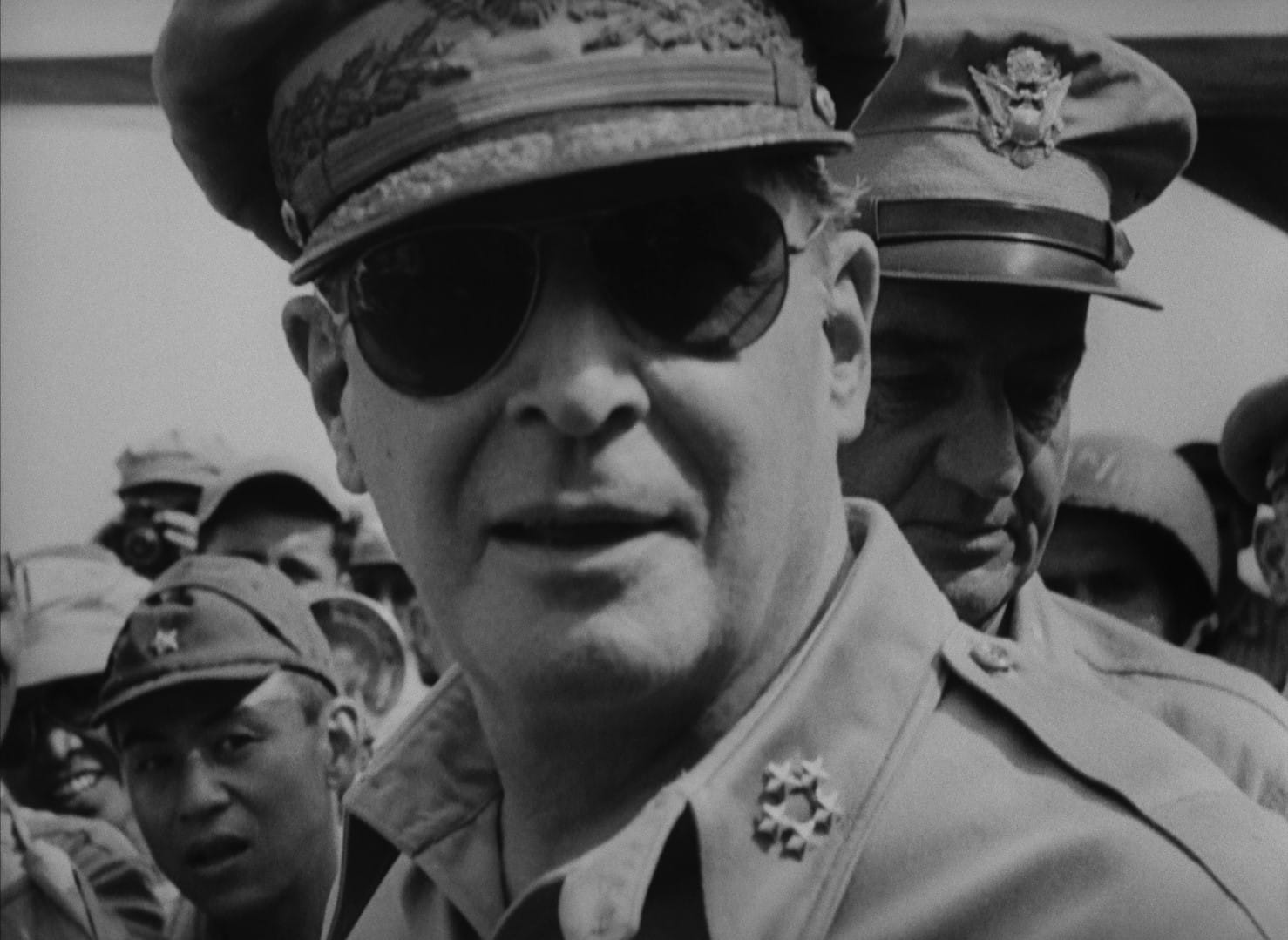
As we look back on the war in a time where global politics is more uncertain than ever before, and it feels like war has moved from the past to the very real present as many countries lurch towards dangerously authoritarian, it’s worth questioning whether the way we handled the post-war actually led to a greater understanding of its atrocities and improved our desire to avoid it. Whether lessons can be learned that can help us avoid an ever-more-violent and destructive present. Kobayashi’s success with his Tokyo Trial documentary is forcing this conversation to the forefront of any attempt to neutrally explore a history that can never and should never be apolitically judged.
Because by turning towards war and away from a desire to understand, the result is always a bloody affair. And no matter how much you try to frame it, there are no winners in such excessive death.
scrmbl's Classic Film Showcase shines a light on historical Japanese cinema. You can check out the full archive of the column over on Letterboxd.
